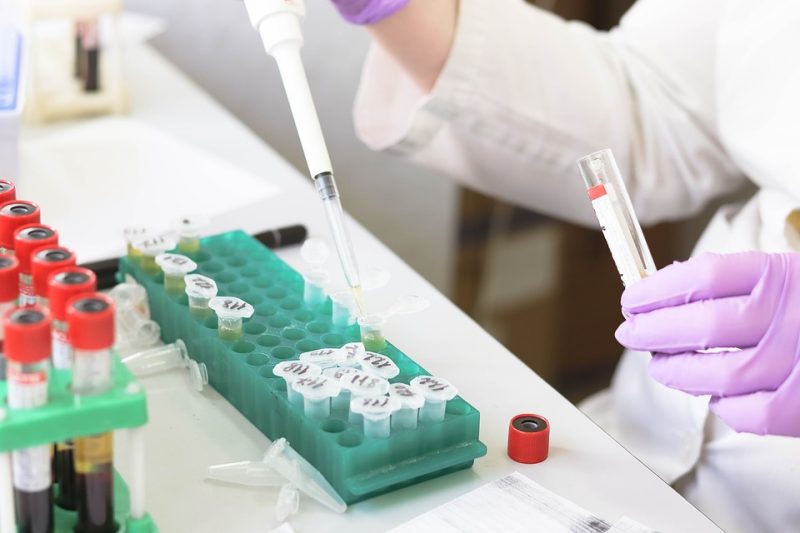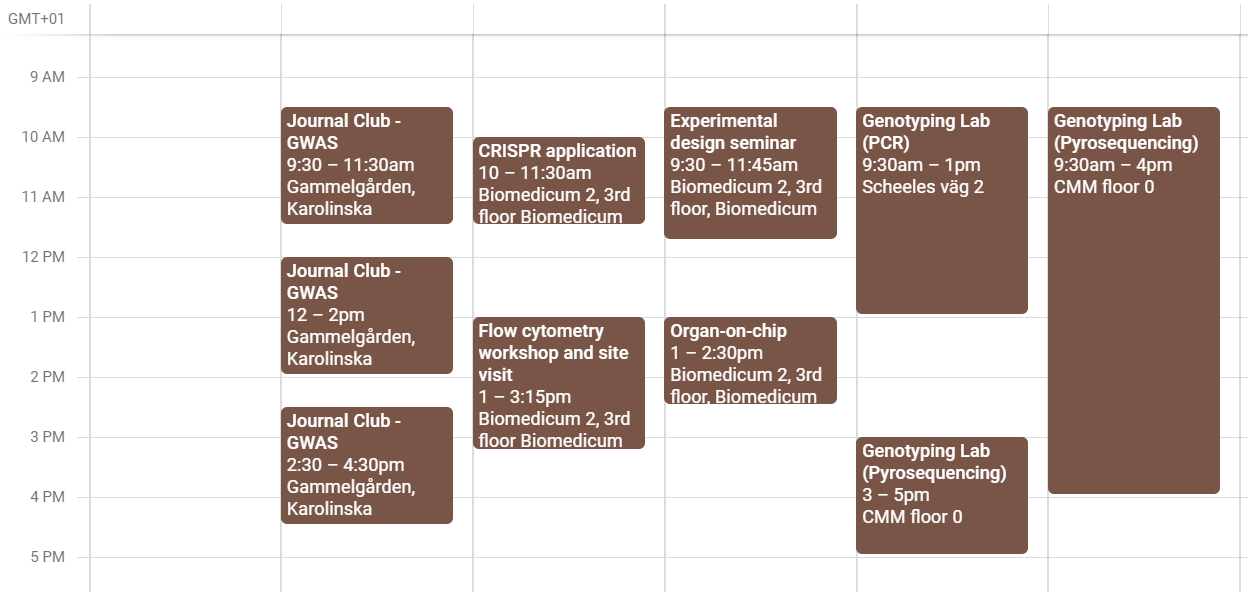
Molecular Techniques in Life Science Course Review: Frontiers in Translational Medicine
Hello everyone! This post is a continuation of my Molecular Techniques in Life Science Review – Semester 1 Part 1 post, so it’s time to do a little (and personal) review of one if the biggest courses in the Molecular Techniques in Life Science Master Programme (MTLS): Frontiers in Translational Medicine.
The Frontiers in Translational Medicine, which is one of the biggest courses in the MTLS Programme – 16.5 credits, gives an overview of different hot-topics of biomedical research. It lasts from mid-October until mid-January, so there are many lectures, seminars and journal clubs involved.
Note: there is also a course called Frontiers in Translational Medicince for the Biomedicine Master Programme. However, this two courses are independent and have different contents.
What is this course about?
Every week there is a different topic (Advanced molecular techniques, cancer, neuroscience…to list some) and we have lectures, seminars, virtual labs and Journal Clubs matching this topic.

Example of how our schedule looks like! We also get free days to prepare seminars and Journal Clubs 🙂
The lectures: we receive lectures from different researchers at KI who explain the biological basis of their research topic and give some examples of what is being discovered in the field at the moment. The topics of the lectures vary a lot during the course, so even if a weekly topic isn’t your cup of tea you’ll surely get some lectures that interest you. My favourites were the lecture about proteogenomics and cancer metabolism, but there were many other good lectures as well!
Virtual labs: this is something I had never used before. For this course we have virtual labs. They are designed to give a view of how a certain technique or research question should be approached in the lab – you even need to pipette and see your cells under the microscope.
Seminars: this part of the course is really a discussion session. We can ask questions about the virtual labs and other online activities and discuss what we have learned with our classmates.
Journal Clubs: we had three Journal Clubs throughout the semester. For these, we had to present a paper in pairs/groups and discuss it with the rest of the class. My favourite one was about precision medicine: I had to read and present a paper about using iPSCs for high throughput testing in drug development for schizophrenia.
Project: at the end of the course we have the time to design and do a research project. Since explaining this will be a bit long I’ll write another post just focused on this – I hope our project works! 🙂
Update: read here my post about the project in Frontiers of Translational Medicine.
What did I like the most?
The best part of this course is that you can easily get in touch with researchers at KI and you discover many interesting topics you had never thought about. It’s true that having a different lecturer every hour can cause more overlap between lectures, but overall I think that making professional contacts at KI is way more beneficial.
For any other questions email me at ines.rivero.garcia@stud.ki.se
Don’t forget to submit your application before the 15th of January 2019 through universityadmissions.se.
/Ines
Email: ines.rivero.garcia@stud.ki.se
LinkedIn: Ines Rivero Garcia

0 comments